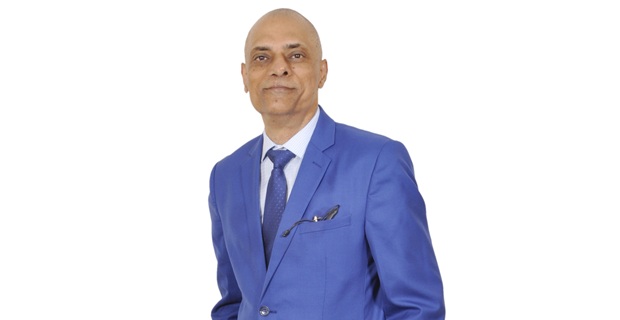Editor’s Desk
Until recently, in the pantheon of India’s top diasporic women leaders, there was Kamala.
Now, there is Kamla.
In a stunning and riveting political comeback, Kamla Persad-Bissessar has been re-elected Prime Minister of Trinidad and Tobago in April 2025, once again becoming the face of Indo-Caribbean leadership in the Western Hemisphere. She led the Coalition of Interests—an electoral alliance of four political parties and an equal number of trade unions—to a resounding victory in the general elections held on April 28. The results were declared the following day, and on April 30, Persad-Bissessar was sworn in as Prime Minister.
If Kamala Harris symbolised the ascent of the Indian diaspora, Kamla Persad-Bissessar now embodies its endurance. Harris, the first woman of Indian and African descent to serve as Vice President of the United States, once stood at the cusp of history. But her bid for the presidency—a potential watershed for the diaspora—fell short. While the Kamala chapter in U.S. presidential history may be on pause, the Kamla story in the Caribbean continues—bold, seasoned, and still unfolding.
At 73, and against formidable odds, Persad-Bissessar has shown that conviction, cultural rootedness, and community connection can still triumph in politics. Her return affirms a powerful truth: diaspora leadership is not the sole preserve of the largest nations or the most watched elections. It flourishes in places where heritage is not a hyphen but a heartbeat, where Indian origin is not a symbolic label but a lived experience.
It was Kamla who stood tall in New Delhi at the 2012 Pravasi Bharatiya Divas, declaring, “India is not only a place from which our ancestors came, it is a part of who we are.” Today, she returns as Prime Minister—not of a community or a region, but of a nation that is both diverse and democratic.
And perhaps, at this moment, Kamla Persad-Bissessar has achieved more than an electoral victory. She has reignited something deeper: the diaspora’s belief that representation can still lead to transformation. Back in a role she previously held from 2010 to 2015—she now joins a notable group of Indian-origin leaders holding top offices in the Caribbean. Alongside her are President Christine Kangaloo of Trinidad and Tobago, President Chandrikapersad Santokhi of Suriname, and President Irfaan Ali of Guyana. It’s a striking reminder of how far the Indian diaspora has come in shaping the political landscapes of these nations. Their leadership reflects deep-rooted connections with India and is a moment of pride for Indian-origin communities everywhere.
The May 2025 edition of India Empire Magazine also highlights India’s record-breaking remittance haul—a staggering $129.4 billion in 2024—underscoring both the economic power and emotional bonds that link global Indian communities to their homeland. Meanwhile, Prime Minister Modi’s high-profile visits to Buddhist landmarks in Thailand and Sri Lanka reflect India’s continuing soft power diplomacy rooted in civilisational heritage. The edition also explores India’s expanding strategic partnerships—from Bhutan to Portugal—and its deepening defence and technology ties with South Korea, illustrating how diaspora and diplomacy together shape a story of global influence.
At the heart of all this lies a vital question: what does meaningful diaspora leadership look like?
Kamla’s return offers a compelling answer. While Kamala Harris’s electoral defeat may have dimmed a symbolic flame, Kamla Persad-Bissessar rekindles it—with substance, service, and strength. She reminds us that diaspora leadership is not just about heritage—it is about responsibility.
And perhaps, in a twist no pundit foresaw, the one-letter difference between Kamla and Kamala is also the difference between presence and power.
Sayantan Chakravarty
sayantanc@gmail.com











Comments.